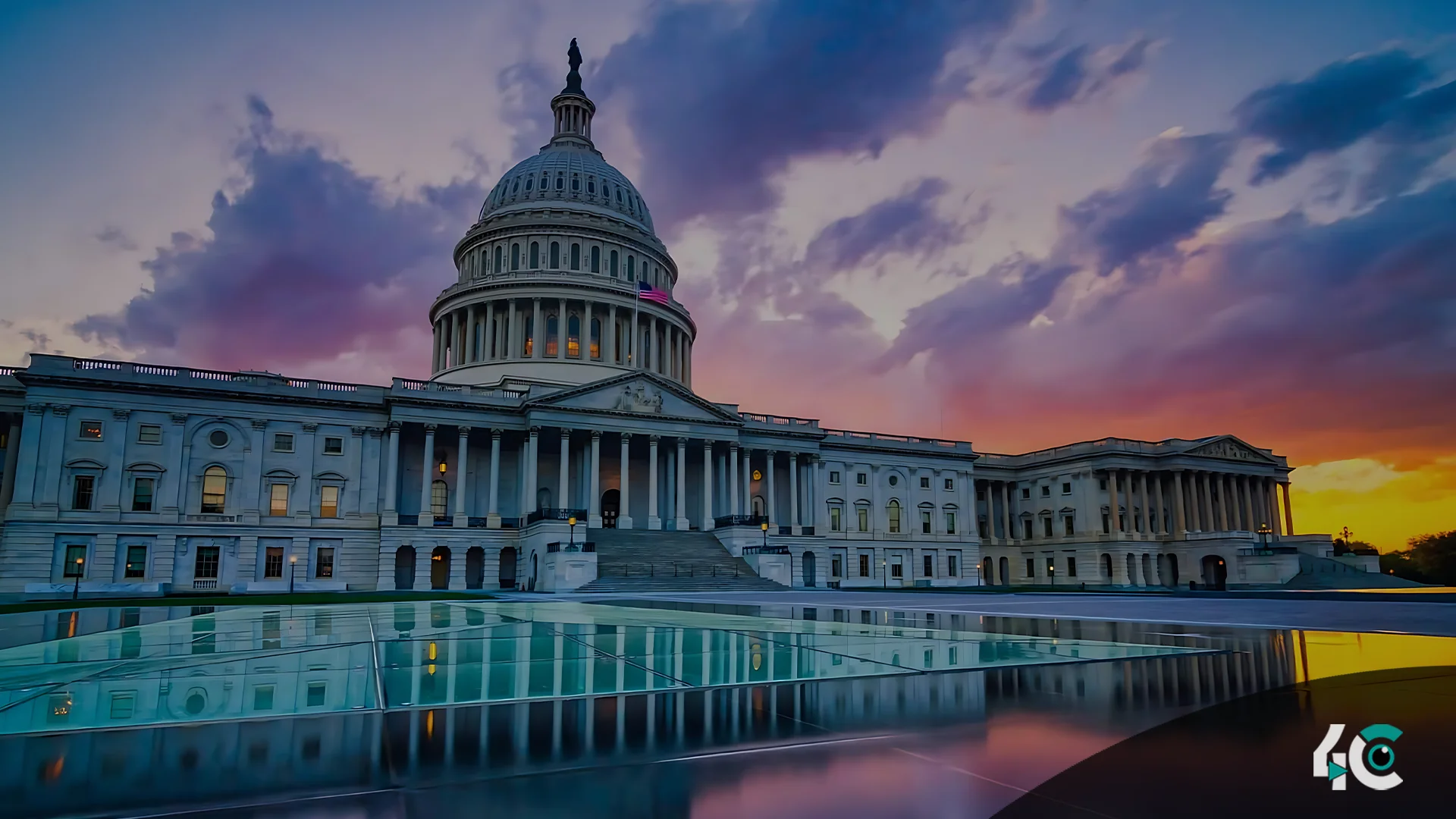Recently appointed chair of the US Senate Banking Committee, Republican Senator Tim Scott, has indicated that the 119th Congress will prioritize the development of a comprehensive regulatory framework for digital assets. His leadership comes as the Republican Party gains control of the Senate, indicating probable changes in the legislative approach to Bitcoin.
In a statement on January 15, Senator Scott emphasized the importance of specific policies aimed at boosting financial inclusion and economic growth. The committee’s priorities include affordable housing, economic national security, supervision, and digital asset regulation.
“Under Chair Gensler, the SEC failed to provide clarity to the cryptocurrency industry, driving many projects overseas,” Scott pointed out. “Our committee will work to establish a tailored regulatory pathway for trading and custody of digital assets, ensuring the US remains at the forefront of innovation.”
Scott also promised an “open-minded environment” for discussions about stablecoins and other financial technology. However, he may face opposition from Democratic Senator Elizabeth Warren, who has been public about her concerns about Bitcoin policies.
This leadership change comes after the Republican triumph in the 2024 midterm elections, which saw Scott succeed Democrat Sherrod Brown as chairman of the Banking Committee. During Brown’s chairmanship, the committee had many hearings on stablecoins and digital asset regulation, as well as discussions about SEC enforcement proceedings.
Pro-crypto groups are optimistic about Scott’s plan. The Cedar Innovation Foundation, in partnership with groups like the Blockchain Association, has vowed to support efforts to create legislation governing crypto market structures. These groups expect that the new framework would bring much-needed clarity to the business.
The rise of crypto-friendly leaders has changed the political environment as well. The 2024 elections brought several pro-crypto lawmakers to Congress, and President-elect Donald Trump has expressed support for legislation promoting the growth of digital assets. With this alignment of interests, the United States’ approach to cryptocurrency legislation may evolve significantly in the next few years.
As the committee begins its work, stakeholders are cautiously optimistic. The emphasis on innovation and financial modernization could spur growth in the digital asset market while resolving concerns about fraud and volatility. However, bridging ideological gaps within the group will be critical to making significant progress.






























